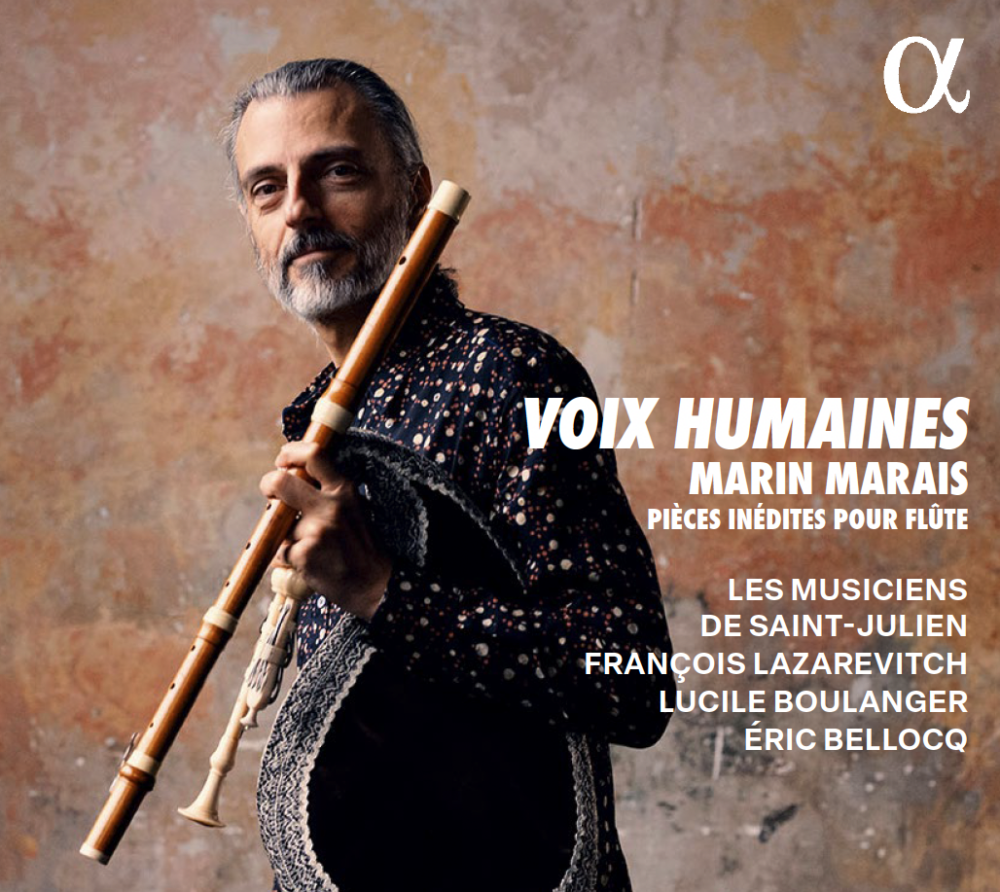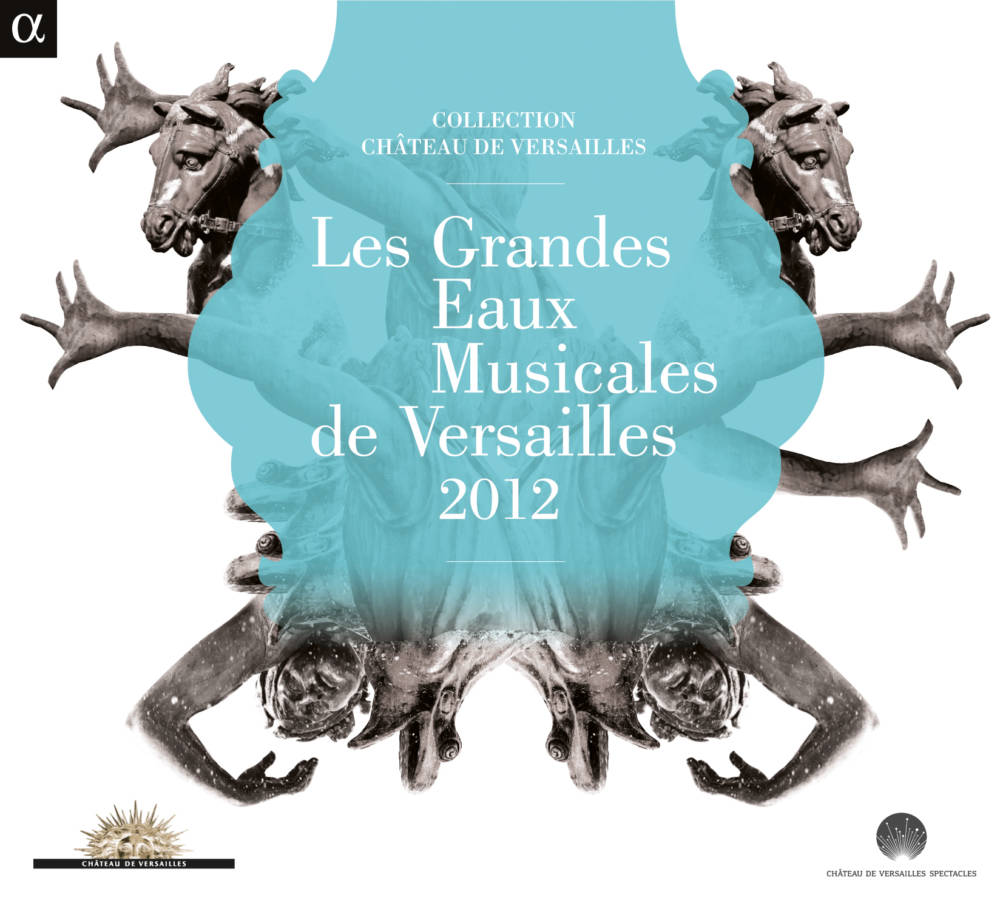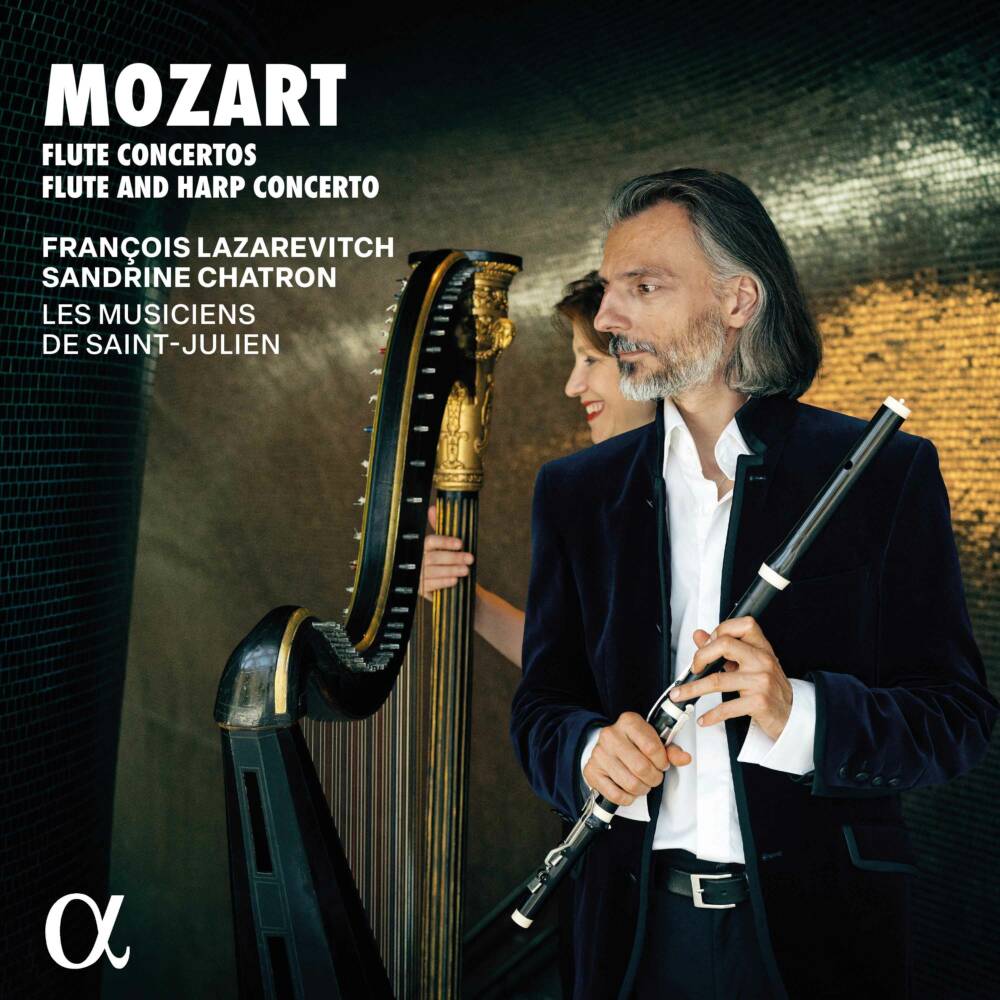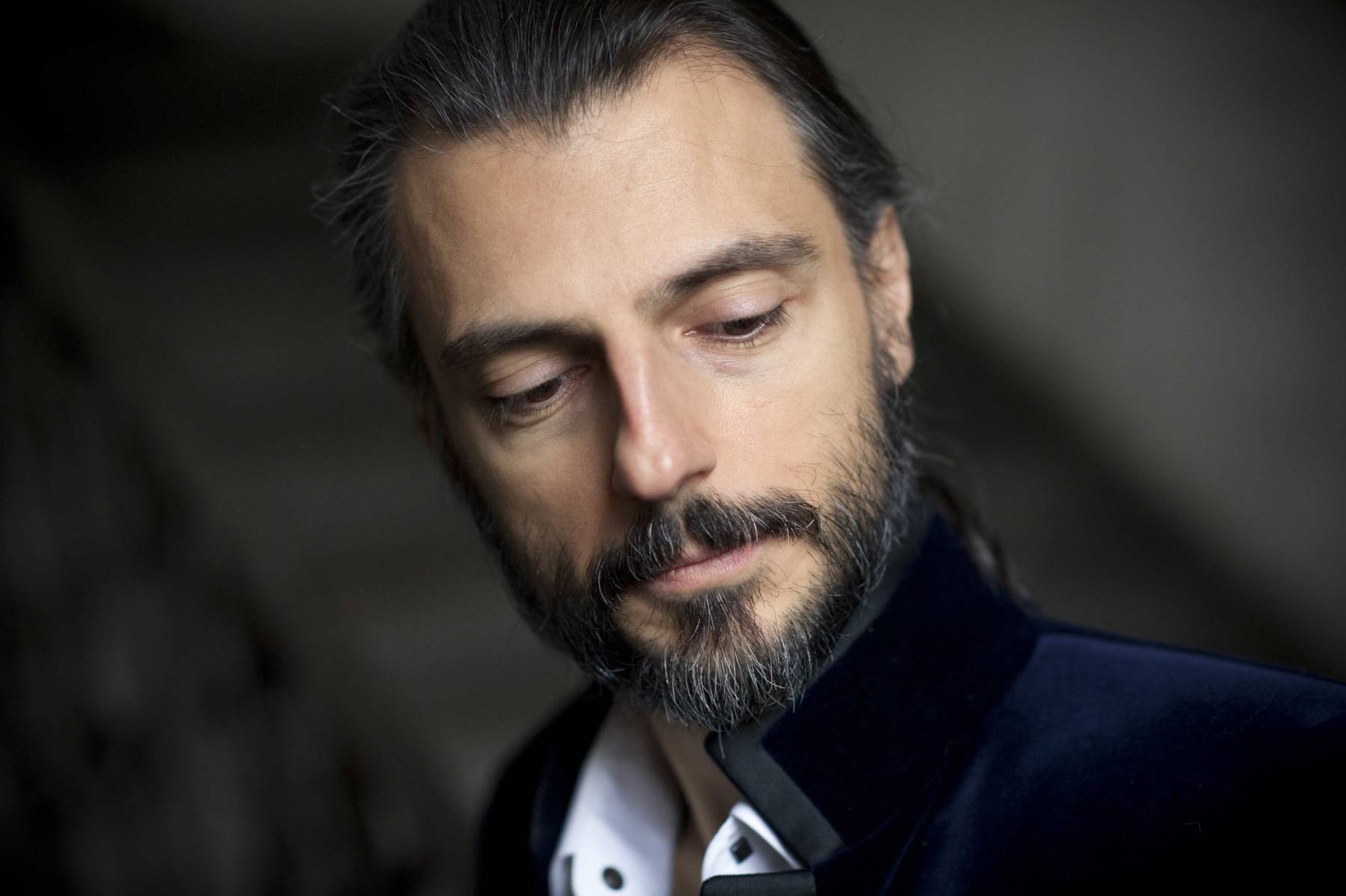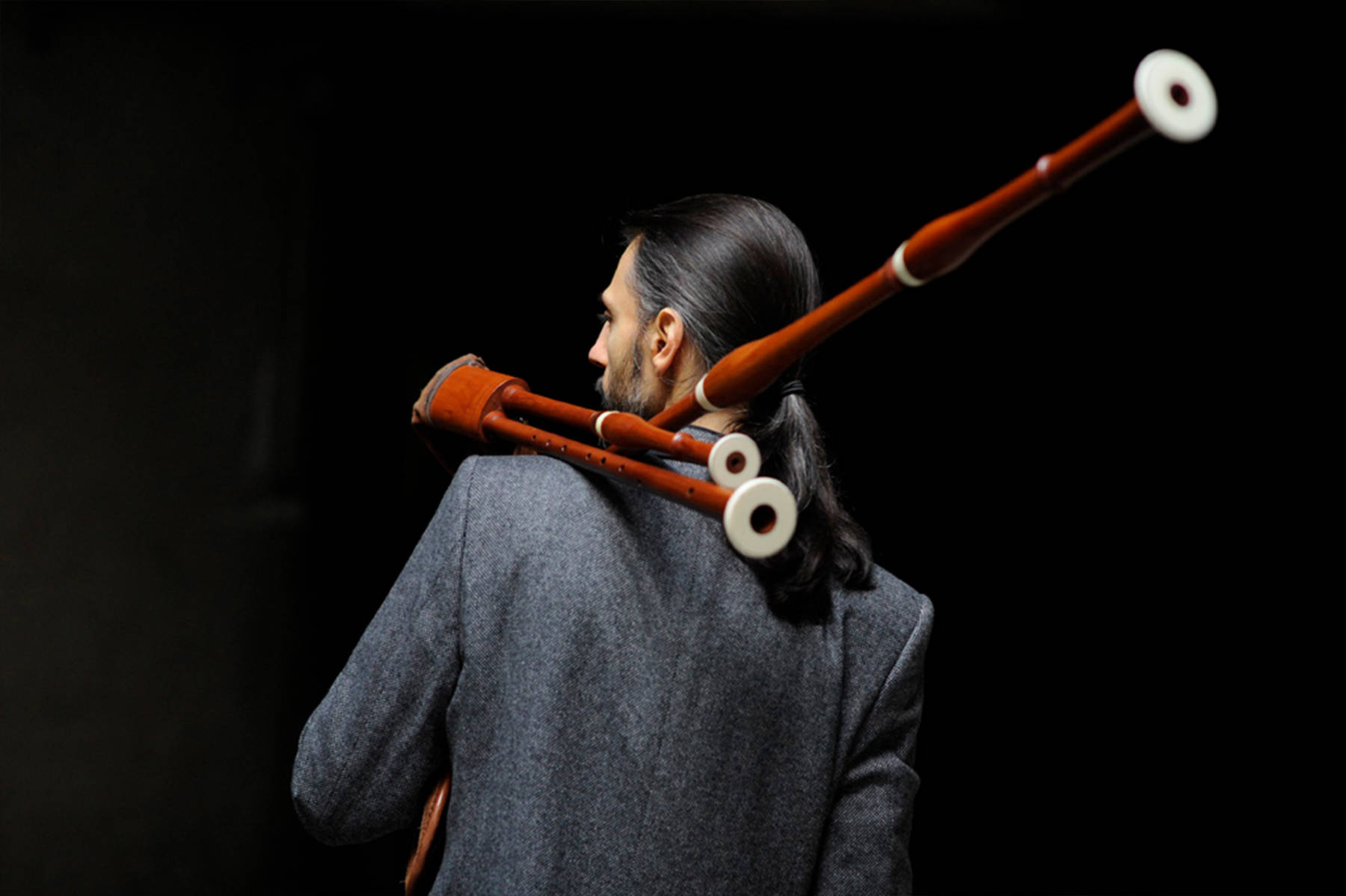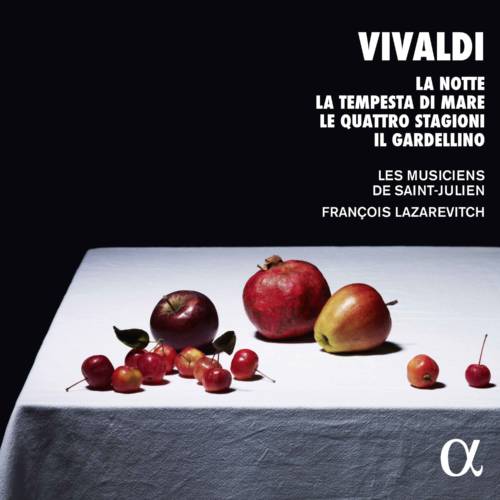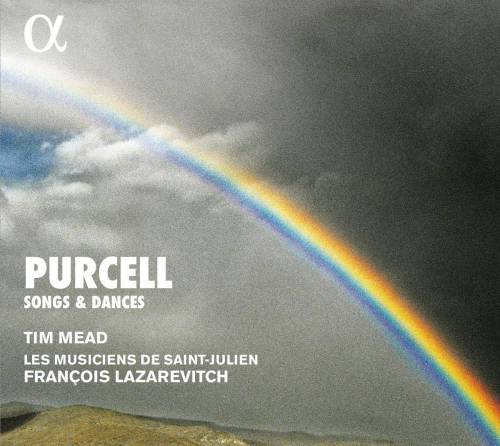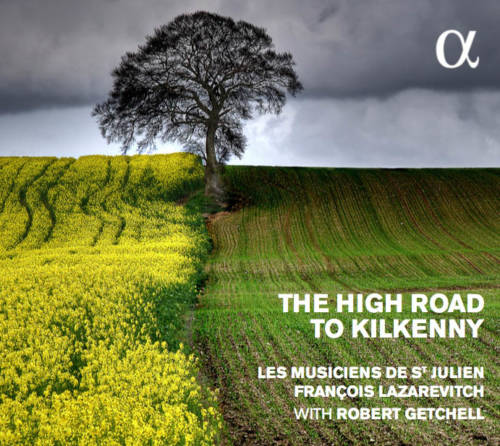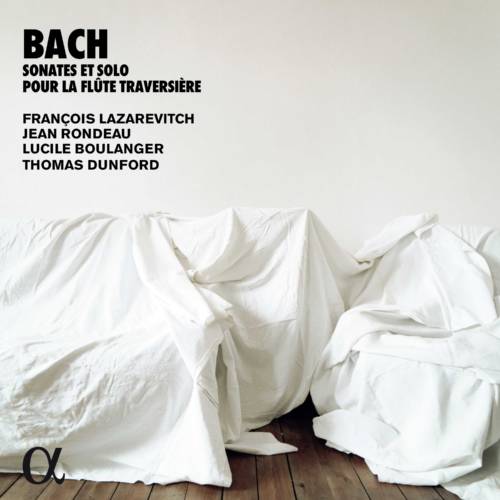Jacob Van Eyck, The Garden of Earthly Delights
Recital for solo flute
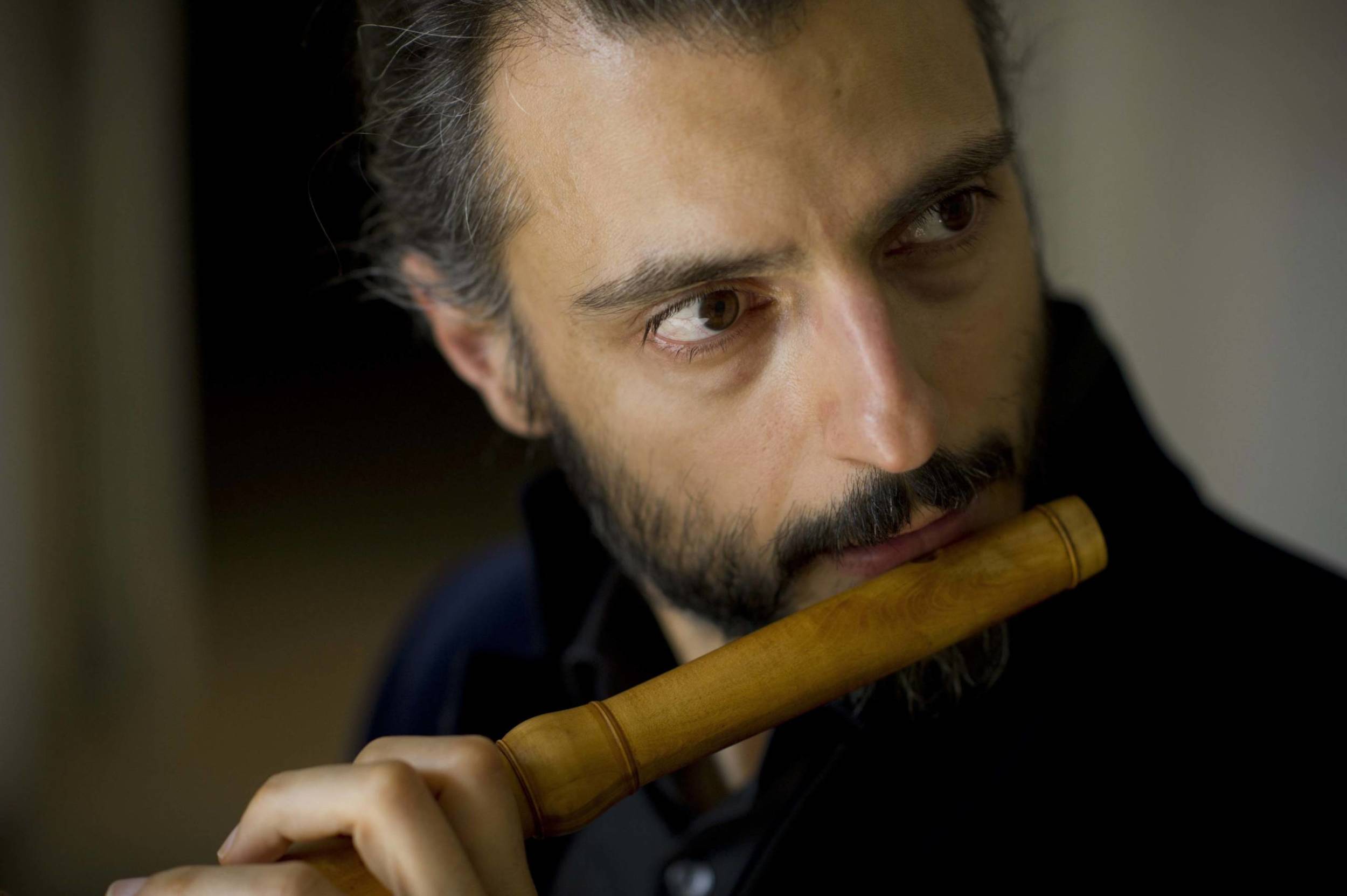
Der Fluyten Lust Hof is a vast collection of variations for solo flute on “hits” borrowed from composers such as Caccini, Dowland, Bull, Boyer, Gastoldi…
Published in Amsterdam in the mid-17th century, Der Fluyten Lust Hof [The Garden of Flute Delights] is a vast corpus of variations for solo flute written on the best “hits” of European music of the time (dances, airs and psalms), borrowed from composers such as Caccini, Dowland, Bull, Boyer, Moulinié, Gastoldi… The author of this veritable bible (the most voluminous collection ever published for the same instrument) who testifies to the invention and virtuosity of flautists in the 17th century, is the Dutchman Jacob van Eyck (c. 1590-1657). Blind from birth, he is a very remarkable and atypical personality: carillonneur of Utrecht Cathedral, he gradually became responsible for all of the city’s bell sets, which he provided with multiple improvements and developments.
Gifted with extraordinary hearing, we owe him fundamental advances in the understanding of acoustics and the tuning of bells, a science which earned him a national and international reputation and brought him into contact, in particular, with Huygens and Descartes. Despite these important occupations they also found time to play the flute virtuoso. The performances of the man nicknamed “The Orpheus of Utrecht”, attested as early as the 1640s, earned him an additional salary “for occasionally entertaining walkers in the evening in the garden of St. Jans Church with the sound of his little flute.” Hailed as much for his mastery of the recorder as of the transverse flute, it is probably the repertoire developed in this context that he published under the title of Der Fluyten Lust Hof, for both of these instruments.
His high mastery of these same two types of flutes, as well as his unparalleled ability to characterize works of diverse styles allow François Lazarevitch to shed new and exciting light on this emblematic repertoire of the ancient flute, reasoning today as a celebration of Europe unified around its music and cultures.
Soloist
François Lazarevitch: recorder, transverse flute, musette
Production
Les Musiciens de Saint-Julien with the support of Radio France
Programme
Praeludium Ofte Voorspel
Psalm 9 « Heer ick wil u uyt ‘s herten gront prijsen end’ aver al doen kont » / « Seigneur du fond de mon cœur je te louerai et ferai connaître partout »
Chanson hollandaise, Nicolas Vallet, 1642, sur une mélodie anglaise, Cromwell virginal book, 1638
Blydschap van myn vliedt
Hollande : Jan Starter, et Angleterre : John Playford
Bravade
La Bourrée d’Avignon, début XVIIe s.
Stil, stil een reys
Angleterre, début XVIIe s.
Derde, Doen Daphne d’over / Broadside ballad : « When Daphne from faire Phoebus did flie
François Chancy, Airs de cour, 1635
Si vous me voules guerir
Célèbre noël hollandais, sur l’air de cour “Ayant aymé fidellement”, 1606
O Heyligh zaligh Bethlehem
Fantasia en echo
Caccini, Nuove Musiche, Florence 1601
Amarilli mia bella
Giacomo Gastoldi, Balletti a 5 voci, Venise, 1591
Questa dolce sirena« La Sirena »
Batali
d’après des imitations de batailles en musique et sonneries militaires issues de diverses sources européennes
John Bull
Boffons
Orlando Gibbons / Elisabeth Roger’s Virginal Book
Laura
Pierre Guédron, 1620
La Bergère « Sus, sus sus Bergers & Bergerrettes »
Hollande dès 1640
Bockxvoetje “Pied de chèvre”, c’est-à-dire Pan, d’après la chanson hollandaise « Als Bockxvoetje speelt op zijn pijpje in’t dal’ » / « Quand Pan joue de sa flûte dans la vallée »
John Playford 1651
Prins Robert Masco, Prince Ruppert’s March
John Dowland, 1597
Excusemoy “Can she excuse my wrongs”
Hollande et Angleterre, début XVIIe s
Malle Symen « Crazy Simon »
Angleterre, chanson
Ballette gravesand “The fairest nymph the valleys or mountains ever bred”, version pour clavier de Orlando Gibbons
John Dowland, 1600
Pavane Lachrimae
John Dowland, 1597
Courant-Of Harte diefje waerom zoo stil “Now, o now I needs must part”
Ballad anglaise, Elisabeth Roger’s Virginal Book
Den Nachtegael
Air espagnol, Moulinié, 1629
Repicavan
William Ballet 1590
Onder de linde groene“All in a Garden Greene”
Vers 1630
Een schots Lietjen « Un air écossais », mélodie de la ballad « The Merry Cuckold »
Vers 1575
Wat zalmen op den Avond doen
Chanson allemande « Was wöllen wir auff den Abendt thun » / « Que ferons-nous dans la soirée »
